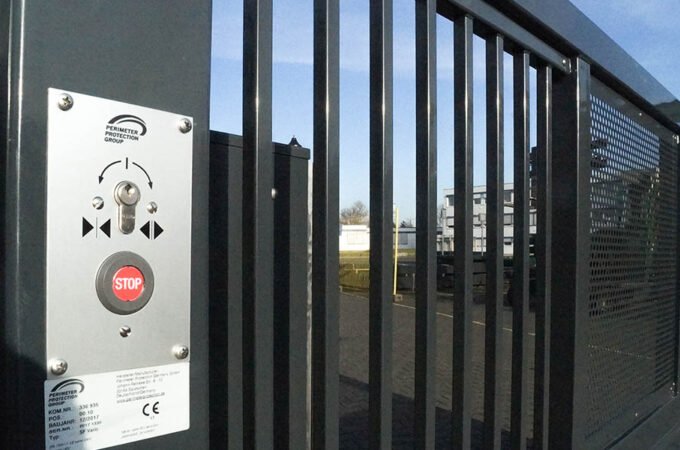
7 Essential Tips To Protect Your Home From Storm Damage
Severe weather events can wreak havoc on homes if not properly prepared. From hurricanes and tornadoes to heavy rain or snowstorms, Mother Nature packs a powerful punch. Making strategic updates and following basic maintenance tips can go a long way in fortifying a home against nature’s fury. This article outlines seven essential precautions homeowners should take to minimize damage risks and give peace of mind during turbulent conditions. Being proactive pays off come storm season.
Table of Contents
Toggle1. Inspect Your Roof
A roof acts as the first line of defense, so inspect it annually for loose, damaged or missing shingles and tiles before monsoon season hits. Clear away debris and overhanging tree branches too. Repair or replace weaknesses to prevent leakage or full-blown removals. Proper attic ventilation also discourages moisture buildup that speeds up deterioration. A tight roof is integral to keeping what’s underneath bone dry when rains fall relentlessly.
2. Secure Windows
Windows particularly vulnerable to winds must be properly protected. Install hurricane shutters cape coral designed specifically for hurricane-force gusts if in a coastal region prone to high winds and flooding. Heavy-duty straps securely fasten panels to prevent being torn off frames by violent gusts. For interior windows, apply security film for an extra layer of glazing strength and invest in impact-resistant glass for added shatter resistance around potentially dangerous spots like by the front door.
3. Protect Entryways
Fill potential gaps where water can seep in with durable caulk or expanding foam. Reinforce garage doors weakened by age and wood rot now versus for the first time amid a hurricane. Install a locking, backup keypad entry system so doors are held shut even if power cuts out. Deadbolt exterior doors for an added layer of wind protection during tornados. Consider a metal-reinforced front door for high-wind regions to prevent being ripped off hinges by a strong storm.
4. Back-Up Essential Documents
Back up vital records digitally like tax forms, home insurance details, warranties, IDs, and wills/deeds/titles to the cloud or an external hard drive stored safely off-site. Make multiple backups for added data security. Also, have paper copies of essential data stored in a waterproof container in case flooding damages electronics. This prevents losing crucial documentation and makes filing insurance claims or accessing records simpler post-disaster.
5. Mulch Around Foundation
A 3-4 inch layer of mulch rings the home’s perimeter to direct water away from structural walls during heavy rain showers. This reduces the chances of flooding in lower-level areas like basements. The mulched area also prevents erosion around the foundation if surface runoff accelerates during severe weather like hurricanes or flash floods. Extra stabilization is critical near AC units, gas/water meters, and other utilities prone to weather damage.
6. Inventory Home Contents
Photograph or take a video walkthrough of each room to create a comprehensive home inventory. Note serial numbers of electronics, valuables and appliances and store records securely off-site. This extensive documentation simplifies insurance claims whether recovering from small-scale water leaks or massive hurricane destruction. It aids reimbursements to replace damaged items smoothly without hassles. Consider tamper-proof exterior cameras too to visually verify loss post-storm.
7. Prepare Emergency Supplies
Keep a stocked disaster preparedness kit with essential items for each person and pet for a minimum of three days. This includes non-perishable food, drinking water, batteries, cash, first aid essentials, medications, baby supplies if needed, pet food, and manuals for utilities like generators. Also store a wind-up or battery-powered radio, flashlights, and chargers. Having resources eases stress if escaping a storm means sheltering at home without power or evacuating and separated from supplies. Being ready pays off during long recovery times.

Benjamin Ortiz is a digital marketing expert. He currently runs an SEO agency and a survival gear review blog.






